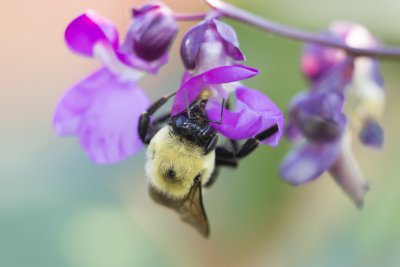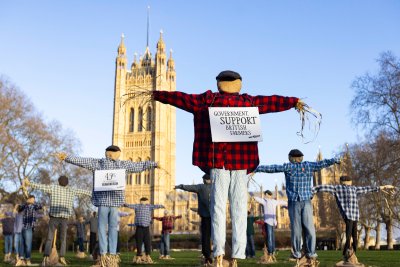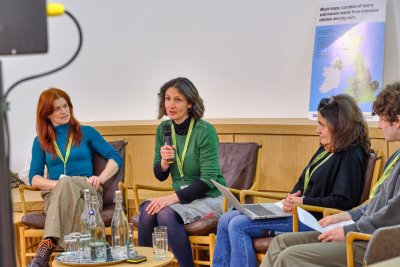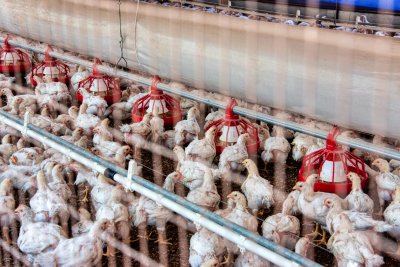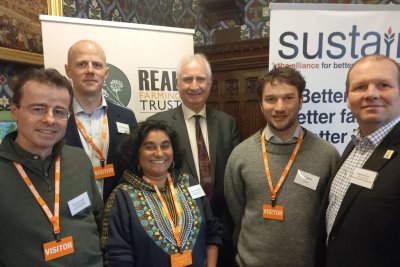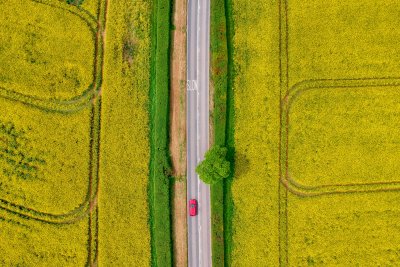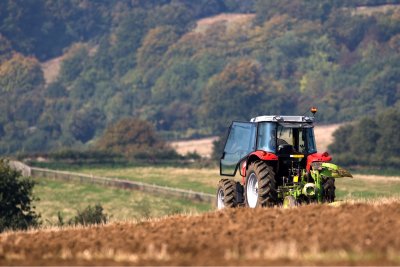 Credit: Pexels
Credit: Pexels
Is there a lack of funding from international institutions going towards developing and supporting agroecology?
A report by the ‘Coopération Internationale pour le Développement et la Solidarité’ (CIDSE) highlights the lack of funding going to programmes and projects that will help farmers and communities scale-up agroecology.
In order to try and tackle urgent environmental and societal issues, farmers need on-farm scientific research, tools and mechanisms to help transition to agroecological and regenerative systems. The CIDSE report 'Finance for agroecology: More than just a dream' looks at the lack of funding going towards this.
You can find the FAO's 10 elements of agroecology here.
Some of these urgent issues include: climate breakdown; declining nature; food-related public health problems; the degradation of agricultural soils; an increasing likelihood of flooding events; food insecurity; and, the continued deprivation of many rural economies and communities. In order to tackle these and many others, there needs to be a systemic approach to change.
European countries (including the United Kingdom), the European Union and key global public institutions (partially funded by them and mentioned below) provide large amounts of public finance for agricultural programmes of work. However, the CIDSE report highlights that they are reluctant to fund projects that could help provide that much needed agroecology toolbox.
The report looked at six public institutions who fund agricultural work. These included the Green Climate Fund (GCF), the European Union (EU), European countries (including the United Kingdom), the Food and Agriculture Organisation (FAO), the International Fund for Agricultural Development (IFAD) and the World Food Programme (WFP). Taking the amount of US Dollars from figure's 1 and 2, between 2016-18 and 2010-19 for the GCF, $2,312,800,000 was spent by these institutions on agricultural projects, according to the report. The CIDSE research found that the GCF is the only institution that financially supports projects linked to transformative agroecological change, but this only made up 10.6% of the GCF money that is invested in agriculture.
What is more striking, is that 79.8% of EU funds channelled through the FAO, IFAD and WFP and 79.3% of the GCF agricultural money, are still targeting programmes that focus on either conventional farming or efficiency-based approaches (like “sustainable” intensification). The UK is a sitting member on these institutions, and therefore, has a responsibility to help guide financial resource towards agroecology projects that will deliver on the range of public goods mentioned below. However, the report highlights that the UK's public financial support for agroecology is currently non-existent.
Sustain works with its members and partnership organisations to support farmers, food businesses and consumers in developing whole farm, agroecology systems. The recent passing of the UK Agriculture Act includes the acknowledgement of agroecology and, indirectly, agoforestry, which is a step in the right direction. Now, more than ever, government needs to resource programmes that will help farmers and food businesses deliver transformational change.
There is growing recognition that agroecology presents the best value for money when delivering ‘public money for public goods’. It takes a systemic approach towards climate change mitigation and adaptation, nature recovery, production of affordable healthy diets, economically viable and resilient food and farming businesses, thriving rural economies, and the enhancement of cultural and heritage values. Public money, channelled through these institutions, would be much better spent on agroecology programmes and projects that benefit farmers, food systems and the wider public.
You can read the full CIDSE report here.
Sustainable Farming Campaign: Sustain encourages integration of sustainable food and farming into local, regional and national government policies.
Sustain
The Green House
244-254 Cambridge Heath Road
London E2 9DA
020 3559 6777
sustain@sustainweb.org
Sustain advocates food and agriculture policies and practices that enhance the health and welfare of people and animals, improve the working and living environment, promote equity and enrich society and culture.
© Sustain 2025
Registered charity (no. 1018643)
Data privacy & cookies
Icons by Icons8

